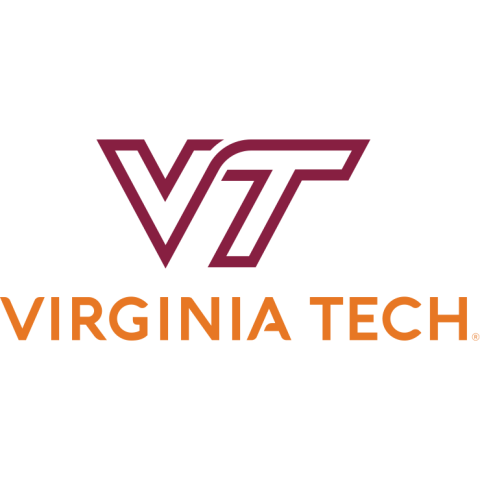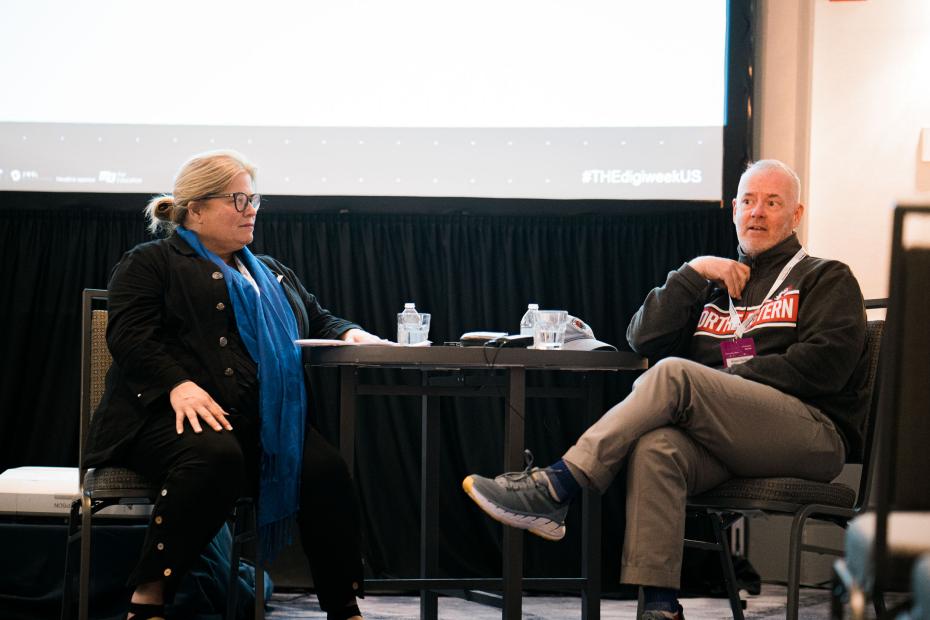
Making higher education accessible for students with unmet financial need
You may also like
As tuition charges, fees and living expenses rise, US college students find themselves grappling with financial burdens that can hinder or even end their academic pursuits. In fact, the cost of college is higher in America than in almost any other wealthy country – as is the resulting debt. Student loans have burgeoned, resulting in a trillion-dollar student loan debt problem for Americans – about $1.7 trillion (£1.35 trillion), to be specific.
For students, addressing the financial challenges associated with higher education means that they can focus on their studies and career prospects (rather than on financial stress) – and ideally without incurring student loan debt. At Virginia Tech, we are committed to closing the gap between the total cost of attendance and a student’s ability to contribute their own resources.
- Nourishing bodies and minds: the vital role of a student food pantry
- Food for thought: advice for building a university-community collaboration
- Here’s what we should do about food insecurity and homelessness on campus
I am a first-generation student who has long understood the meaning of hard work and sacrifice – I grew up on a family farm – but I didn’t always understand the inner workings of higher education. My path to obtaining my degree was non-linear and often a struggle. As a Pell Grant-eligible student, I worked every summer in agriculture or construction and never knew I could apply for an internship. The fear of not being able to afford my education was ever present, as was the temptation to drop out and turn to farming or construction work full-time.
My experience is not unique. An estimated 5,500 undergraduate Virginians now at Virginia Tech have demonstrated financial need. This represents just over 18 per cent of the undergraduate student population.
How institutions can help students in financial need
Institutions have several ways to help students in financial difficulty – from scholarships and internships to food banks and support services.
Virginia Tech Advantage is a university-wide, multi-year commitment to making higher education more accessible to undergraduate students from Virginia who have financial need. As a reflection of our land-grant mission and our university motto of Ut Prosim (That I May Serve), the initiative will provide a significant amount of new scholarship dollars to offset tuition fees and increase support for students’ basic needs, career preparation and transformational learning experiences.
The initiative’s four support strategies include:
- Providing new scholarship dollars, including doubling the number of students in the Presidential Scholarship Initiative (PSI) for in-state Virginia high school students
- Expanding support for students’ basic needs through The Market of Virginia Tech, which provides eligible students with regular groceries, and through emergency funds, which help students maintain their academic trajectories during times of unexpected financial hardship
- Offering career preparation through paid internships and co-ops while defraying associated internship costs and providing mentoring and advising throughout the students’ college tenure
- Giving students transformational learning experiences such as study-abroad programmes and undergraduate research.
While the new scholarship funding will be focused on in-state undergraduates who are eligible for Pell and state grants, numerous aspects of the programme will benefit all students. For example, enhanced resources to meet basic needs – such as food insecurity through The Market of Virginia Tech and emergency funds – will be available to all students who need support.
How will success be measured?
The university is developing a variety of metrics, including the number of students who need support and our ability over time to close the affordability gap. The overall goal of Virginia Tech Advantage is for a student with financial need to graduate on time with experiences and a college résumé that are on par with those of a student without financial need. The objective is to increase the amount of support students receive so a student could cover all remaining costs of attendance through a 20-hour-per-week job.
Importantly, applying and qualifying for Virginia Tech Advantage is convenient and easy for students. Prospective students simply apply as usual, filling out documents such as the Free Application for Federal Student Aid (FAFSA). The Office of University Scholarships and Financial Aid will work to allocate available funds to meet students’ needs.
In today’s divisive political climate, this initiative is quite simply the right thing to do. Virginia Tech’s land-grant university status represents the country’s historical commitment to the democratisation of higher education through financial support. I am fully aware that my eventual college degree helped secure not just my future but that of my family. It is my profound hope – and personal goal – that this shared, lasting commitment to our mission will unleash students’ full and unfettered potential regardless of income or socio-economic status.
Matt Holt is professor and head of the department of agricultural and applied economics and co-lead of Virginia Tech Advantage (with vice-president for strategic affairs and diversity Menah Pratt) at Virginia Polytechnic Institute and State University.
If you would like advice and insight from academics and university staff delivered direct to your inbox each week, sign up for the Campus newsletter.
Additional Links
For more advice and resources on this topic, go to our Spotlight collection Helping students through the cost-of-living crisis.




